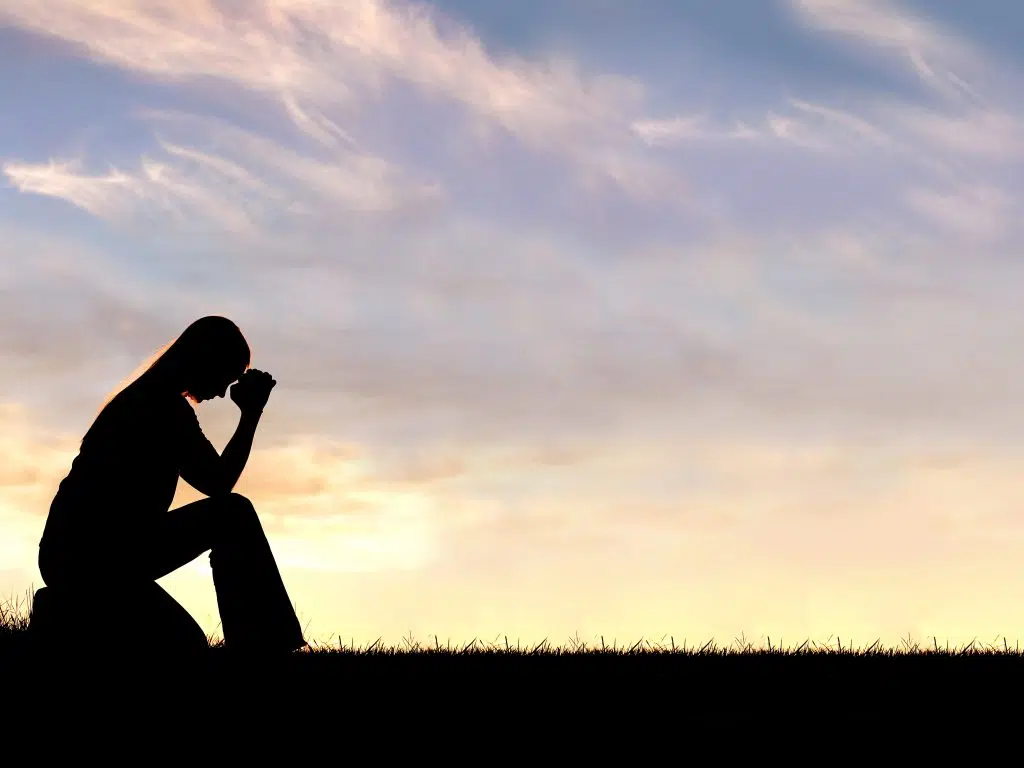A number of years ago, my youngest brother — on R&R from a U.S. Agency for International Development assignment in Fallujah, Iraq, during some of the worst violence — sleep-walked out a window. He fractured his jaw, broke both wrists and easily could have died. His relationship with sleep was upended.
Most of us, thankfully, do not drift off to sleep wondering if a neural misfire might lead us to a life-threatening accident. But at the end of the day, we all have to get ready for how we spend one-third — or about 26-33 years — of our lives: sleeping.
For the vast majority of us, the way we spend the minutes before lights-out can probably be described as whimsical or inconsistent. It’d be a stretch to say that we are purposeful or intentional. We’d be hard-pressed to articulate a “why,” a framework for the tail-end of our day.
There’s a reason that this approach to sleep is so attractive and popular: It’s easy. We start to feel tired and we just lay down and do or think or watch whatever we want. Maybe we scroll on our phones in bed (ironically, the screen delays sleep by stalling the brain’s production of melatonin, needed for sleep), or watch Netflix, or read a few pages of Dostoevsky, and we turn off the light. Our last waking thoughts flit here and there, and off we drift.
But a radically better way beckons. Taken by our Christian and Jewish forebears for millennia, this approach treats the peril and promise of the night with sobriety and awe.
In the minutes or even hours leading up to sleep, those who take this path put aside distractions and prepare to entrust the night to God. They straighten out the furniture of their soul. They instruct their heart. They examine their conscience. As realists, they gird themselves for the possibility of spiritual battle. There in their humble bedroom, they pray, calling upon angels and archangels, thrones and dominions. Their thoughts are swept toward a horizon that makes Netflix, YouTube, and yes, even dear Dostoevsky, look prosaic.
I first discovered this approach in Jerusalem, where I spent a year of graduate school. I could hardly believe what I was seeing — the way the entire nation seemed to enter the Sabbath together as the sun set on Friday evening. The power of those sunsets over Jerusalem led me to glimpse a vast “sanctuary in time,” as Rabbi Abraham Joshua Heschel wrote. At some moments, it even made me lament the fact that I wasn’t Jewish.
But that was just the beginning.
By spending many evenings that year in Jerusalem’s Church of the Holy Sepulchre, I discovered beautiful, ancient liturgies — vespers and compline — that guided worshipers into the “gladsome light of evening” and to prepare for the night ahead. I began to scratch the surface on the church’s care, stewardship and sanctification of time — including our hours of sleep.
If Jerusalem was my personal gateway to this approach to sleep, then Scripture and tradition were the kingdoms that I would find beyond. It seemed that everywhere I looked — in the Psalms, the Church Fathers, the lives and writings of the saints and ordinary Catholics — there was a careful concern and even reverence for approaching sleep.
“I will both lay me down in peace, and sleep,” I read, underlined in my great-grandmother’s King James Bible, “for thou, Lord, only makest me dwell in safety” (4:8). “Sin not: commune with your own heart upon your bed, and be still” (4:3). These are only a few of dozens of verses and teachings that, over time, invited me to deeper trust and communion with the Lord at the threshold of sleep.
Life is short. We spend about three decades of it sleeping. And tomorrow is not promised to us. Given this, it makes sense to try corralling our noisy thoughts at the close of day. Maybe then, we will hear Jesus, softly and tenderly calling, inviting us to sanctify the vast and breathtaking territory of sleep through which we journey, heavenward, to him, we pray.
Johnson and his wife, Ever, are co-founders of TrinityHouseCommunity.org.



